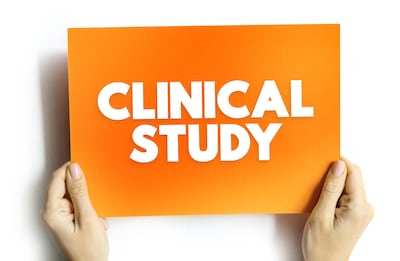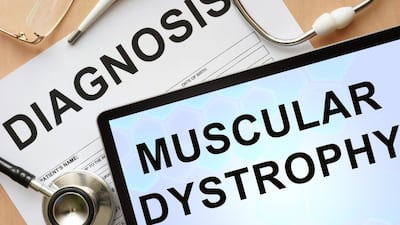Real-World Evidence
India’s moves on digital data protection don’t pose a hurdle to patient recruitment, but on the wish list of global innovators is permission for first-in-human (FIH) trials and removal of certain commercialization requirements, says Parexel’s India head
Medical device sponsors can use real-world evidence without submitting identifiable patient-level data under a new guidance that is expected to expand to drugs and biologics.
FDA’s proposed easing of biosimilar pathways is a mixed blessing for CROs even as it, along with tariff threats and funding scarcity, has led to paused clinical studies. Parexel’s India head talks about keeping up with the regulation and other AI-led changes in this interview.
The orphan drug share of US FDA’s 2025 novel approvals is holding steady, with examples of approvals based on a single trial with confirmatory evidence from UCB, Precigen, Jazz Pharmaceuticals and Stealth Biotherapeutics
A cluster of CRLs for rare disease applications based on one trial plus confirmatory evidence may represent a shift away from the regulatory flexibility that had come to characterize ultra-rare drug development
AI is moving from blue-sky potential to specific applications in drug development, streamlining pharmacovigilance and clinical trial design, but strong governance remains essential to ensure transparency and reliability.
US FDA’s rejection of Biohaven’s troriluzole is a huge disappointment for patients with SCA and the company. But it is also a notable example of how communication strategies are changing now that FDA is making its ‘complete response’ letters public.
Real-world evidence (RWE) studies in India face challenges like lack of data reliability and uniformity and absence of clear guidelines but firms like Bharat Serums have scored a regulatory win. Pink Sheet examines the RWE landscape and the BSV case study for lessons in beating the odds
UniQure’s Huntington's disease filing plans are in disarray after the FDA reversed course on the company's regulatory strategy employing real-world evidence and accelerated approval.
The UK drug regulator is planning to introduce a “flexible, proportionate” licensing and registration model for rare diseases, which could see drugs granted provisional approvals based on “appropriate, albeit limited” evidence.
Real-world evidence is becoming increasingly sophisticated, but fundamental issues like data reliability remain central to the discussion.
The US FDA plans to collaborate with sponsors of registries for a rare pediatric brand cancer (DMG/DIPG) to develop them as a “product-agnostic” external control. If successful, the effort could be a model for other rare disease registries.
A US FDA oncology registries workshop was intended to “kick off” efforts to advance the field and enable new sources of evidence to support regulatory decisions.
The guidance on post-market surveillance is one among a trio of new guidelines related to cell and gene therapies in the post-Peter Marks era.
A new EU study will assess the potential of existing Duchenne muscular dystrophy patient registries and other real-world data sources to address regulatory questions for emerging therapies.
A project to advance effective treatments for long COVID was framed as a high priority for HHS Secretary Robert F. Kennedy Jr.
Sponsors should systematically incorporate real-world evidence generation in all development programs, advises an epidemiology-forward “blueprint” Aetion executives developed.
Acknowledging the risks and limitations of factorial designs, draft guidance outlines how sponsors might employ external data, such as registries or patient-level real-world data, for combination cancer therapies.
The UK drug regulator is collecting data to establish whether patients who are hospitalized for acute pancreatitis after taking a GLP-1 drug have a genetic predisposition to this side effect. If a “clear link” is found, the MHRA would consider regulatory action.
The European Medicines Agency is working on defining when and how external controls can be accepted in clinical research. Among other things, it is looking at the planning, design, conduct, analysis and reporting of studies for which external controls are used.




















